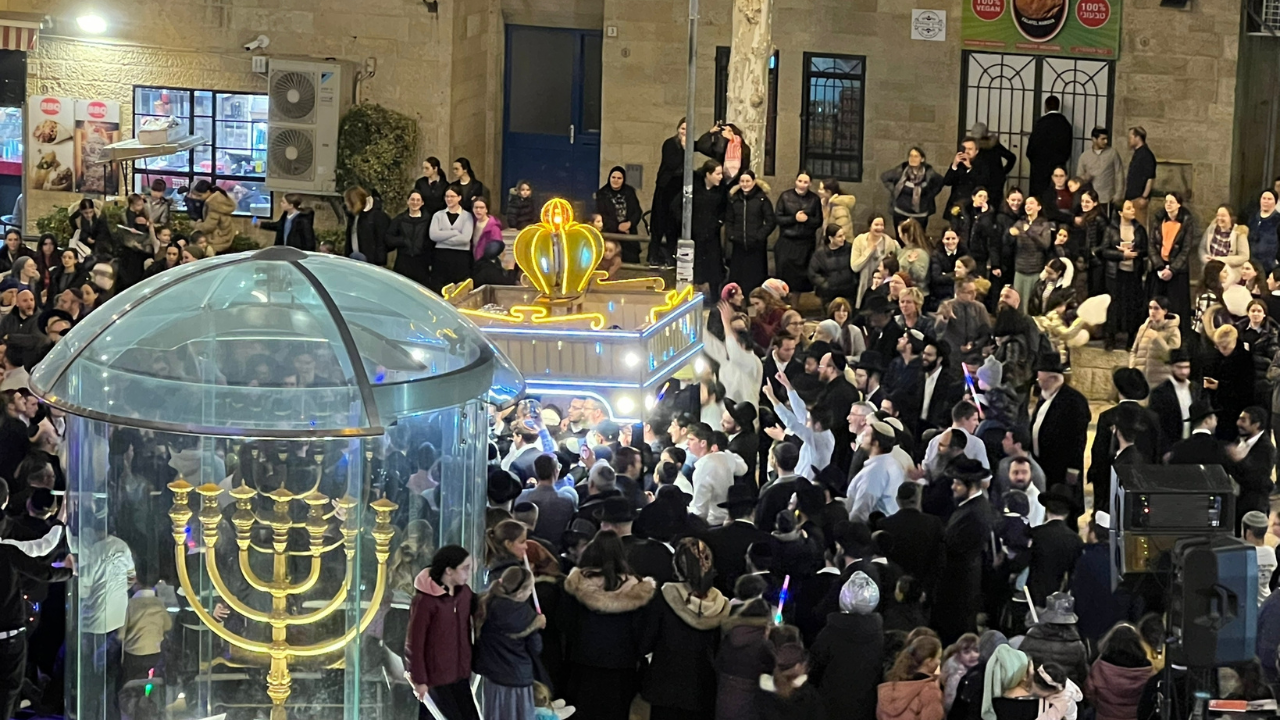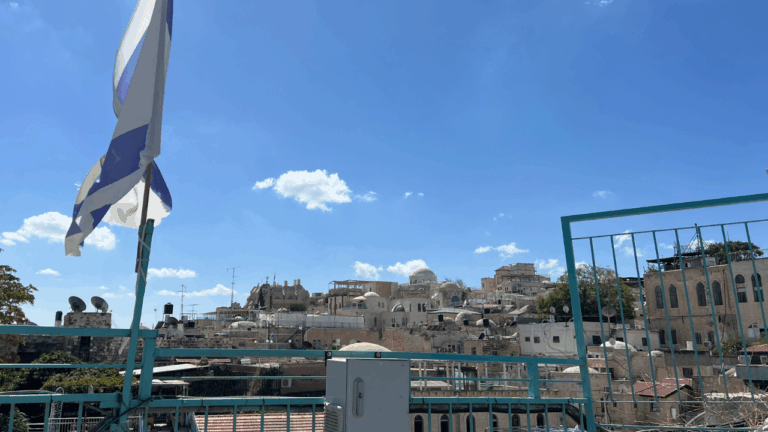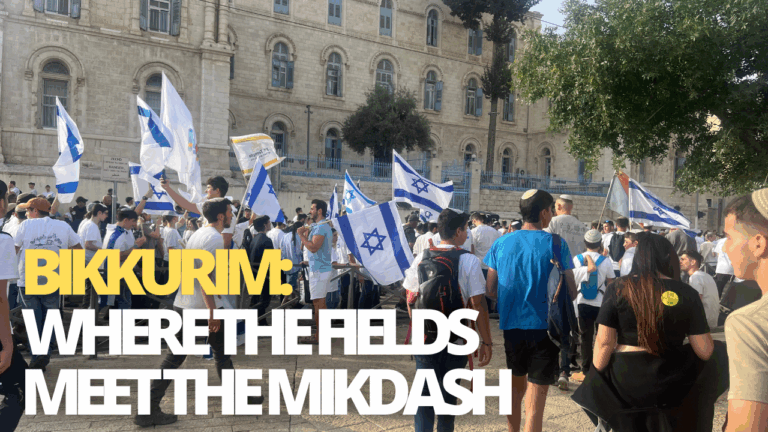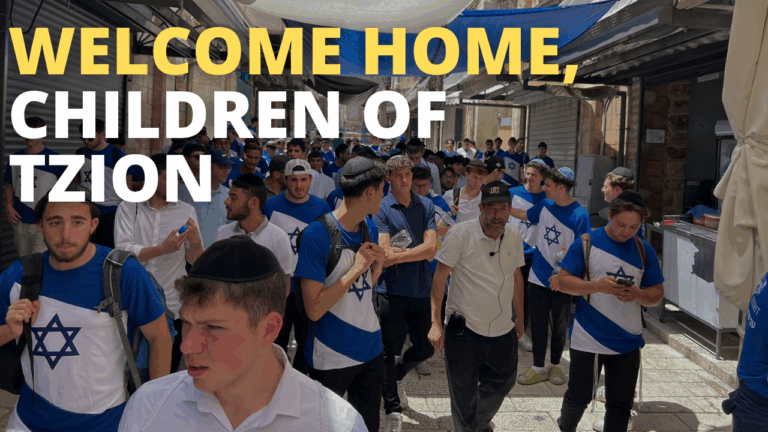The Pleasant Unity of Jerusalem
On Shabbat HaGadol there is a custom to read the chapter of Malachi as the haftorah instead of the standard haftorah for the parsha. The classic explanation for this is that the final verses of the final chapter of Malachi describe the coming of Eliyahu HaNavi to herald the future redemption and therefore it is a fitting read for Pesach season.
The Chida offers another thematic connection between the haftorah and Pesach. The haftorah begins with the verse: “And then the offerings of Yehuda and Yerushalayim shall be pleasant to God, as in the days of old and former years.” The Midrash comments that Malachi is predicting and praying that the sacrifices within Yerushalayim will be as pleasing to God as the times of Moshe Rabbeinu and King Shlomo, the builder of the first Beit HaMikdash.
What is the meaning of this midrash? Why highlight the times of Moshe and Shlomo? The Chida explains that there are a series of midrashim that describe the enslavement in Egypt and our current exile as a punishment for arrogance which causes a lack of unity amongst the Jewish people. Accordingly, the midrash describes that when the they left Egypt the Jewish people all entered into a “covenant of peace” with each other. This unity allowed the Jewish people to soon receive the Torah at Mount Sinai.
Similarly, our current exile is due to the sin of baseless hatred. When we come together in the unity that we had at the time when we left Egypt then we will once again be redeemed.
The Chida explains that this is the meaning of the midrash that in the future our sacrifices will be as pleasant to God as the time of Moshe and Shlomo. As we have seen, the Jewish people merited the redemption led by Moshe due to their unity. This led directly to the eventual building of the Beit HaMikdash in Yerushalayim by Shlomo which ushered in the ideal reality and a new level of Jewish unity. For a time, the Jewish people were united in their coming to serve God together in Yerushalayim and this, in turn, allowed the Divine Presence to rest on the people and on the city.
Unfortunately, this unity was not to last. After the passing of Shlomo, the people became fractured and Yerushalayim no longer served as a unifier of the nation. During the month of Nissan, the time of redemption, we hope and pray for a unified Jewish people to once again serve God in a unified Yerushalayim. Therefore, we usher in the week of Pesach with the haftorah that speaks of the return of Jewish unity in Yerushalayim and that concludes with the coming of Eliyahu HaNavi.



